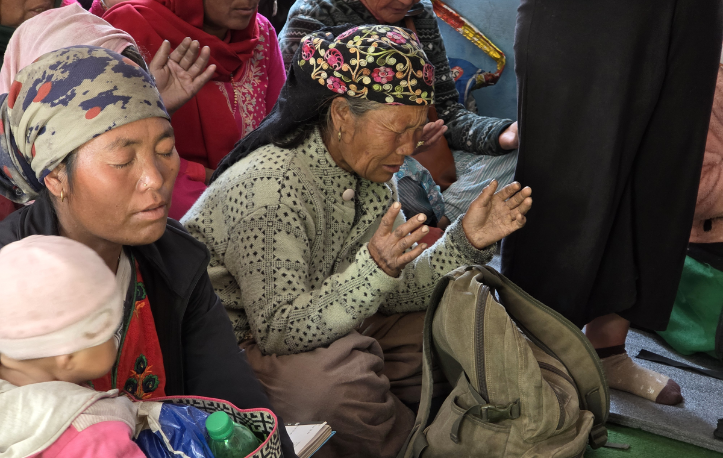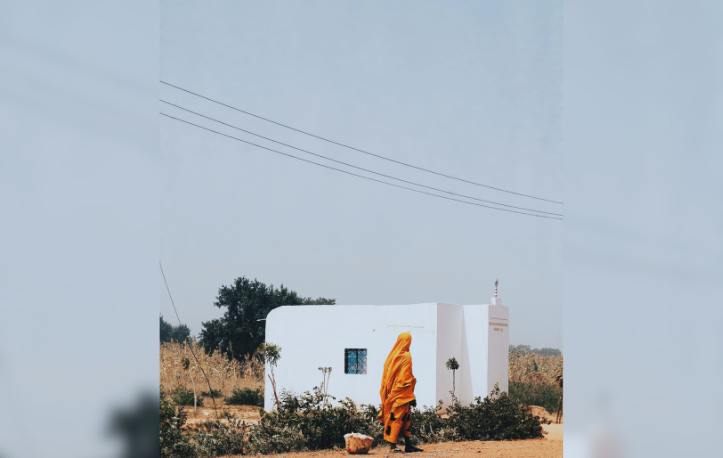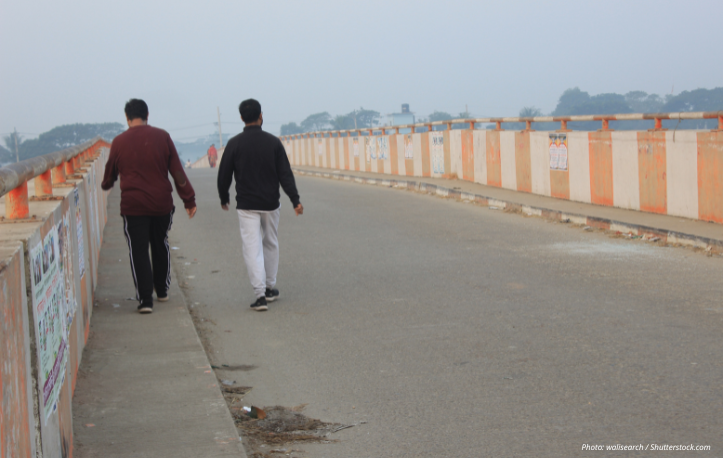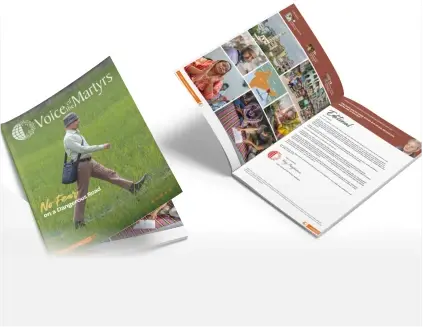The Diyarbakir Protestant Church Foundation began with members gathering in a home more than 20 years ago. In 2019, the congregants moved into a dedicated church building and became a legally recognised organisation. Over the years, the ministry has grown to encompass more than 100 people – a number far too large for the limited space of the premises where they are currently meeting. As a result, these believers have been seeking suitable land so they can build a larger facility that will better accommodate their growing needs. Unfortunately, their efforts to obtain a potential property have been continually ignored or turned down by governing officials.
In Türkiye, religious buildings must be built on land specifically designated for religious purposes. Although such land is available in Diyarbakir, the church members have been repeatedly prevented from acquiring the space needed. As a result, the church leaders initiated a court challenge, but the lawsuit was recently struck down. They are now appealing this decision.
During the ruling, court officials told the believers that they could simply purchase undesignated land and then apply afterwards for a “religious use” designation. However, this type of request has never been granted in Türkiye. Religious rights activists argue that the recent court ruling is “a troubling display of blatant faith-based discrimination against Christians”.
While Türkiye is officially a secular nation, the government has increasingly been adopting policies that are specifically favourable to the country’s predominant religion of Islam. Additionally, several Protestant seminaries in the country were mandated to shut down, forcing churches to rely on foreign-trained ministers. However, officials have deported approximately 185 foreign church leaders from the country since 2018, and those seeking entry are being denied under the auspices of “national security”.















Could the congregation split in two and have two separate meeting places? Grow the church that way. Or alternately have more than one service and cater for more people – perhaps having young adults and singles in one service and families and oldies in another.